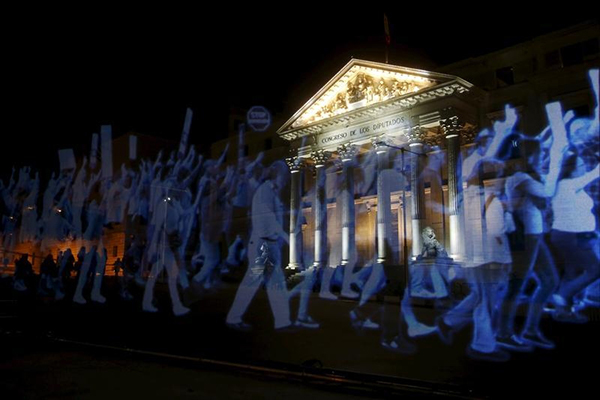
Why Spain’s new gag law is threat to free flow of information
On July 1 a public security law is due to come into force in Spain amid an increasingly vocal chorus of concern among the media and press freedom groups. The bill–dubbed the “ley mordaza,” or “gag law,” by opposition groups–would define protests in front of parliament and other government buildings as a “disturbance of public…
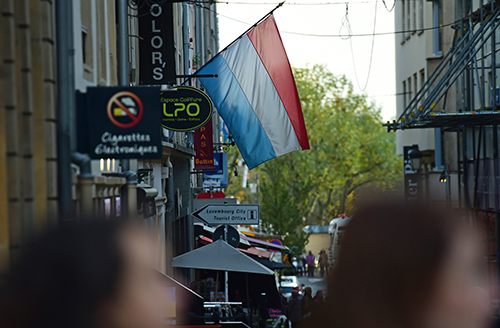
Reporter who broke LuxLeaks story faces charges in Luxembourg
The French journalist who helped break the LuxLeaks scandal, which exposed a large-scale, state-blessed system of tax avoidance in placid Luxembourg late last year, was indicted on April 23. A statement from the Luxembourg prosecutor’s office accused Edouard Perrin of “being the co-author, if not an accomplice, in the infractions committed by a former PricewaterhouseCoopers…
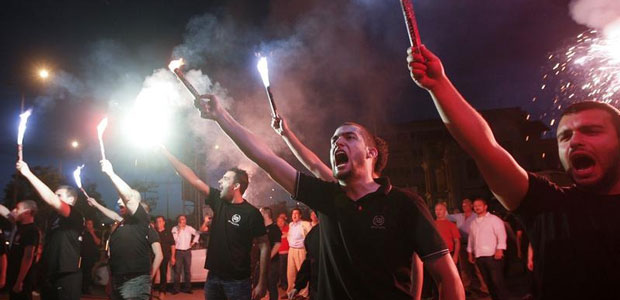
Journalists grapple with increasing power of European extremists
Athens, May 6, 2012. Journalists attending Golden Dawn’s triumphal election night news conference are ordered to stand up when the group’s leader, Nikos Michaloliakos, enters the room. “Rise up! Rise up! Show your respect!” barks the master of ceremonies, an agitated black-clad, bald-headed toughie. The journalists who refuse the injunction are asked to leave the…
CPJ calls on Belgium to defend press freedom at Committee of Ministers
CPJ calls on Didier Reynders, Belgium’s foreign minister, to use his country’s presidency at the Committee of Ministers of the Council of Europe–the largest pan-European human rights watchdog–to defend press freedom in Europe, and address violations by members states. CPJ’s letter highlights press freedom abuses in Azerbaijan, Hungary, Russia, Turkey, and Ukraine.
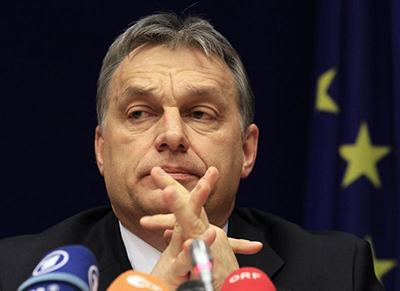
Orbán walks fine line in Brussels with Hungary’s media law
“With the Islamic state offensive, the Ebola epidemic and Ukraine, Hungary is not on anyone’s mind in Europe,” mused one of our interlocutors during the Committee to Protect Journalists’ fact-finding mission in Budapest in October. “Viktor Orbán has really nothing to fear from Brussels.”
Hungarian journalists work in climate of self-censorship, fear
Budapest, October 17, 2014–On a rare mission to a European Union country, a CPJ delegation led by board member Kati Marton was in Hungary this week to meet with journalists, media lawyers, managers, rights defenders, policy analysts, and government officials to discuss Hungary’s press freedom record.
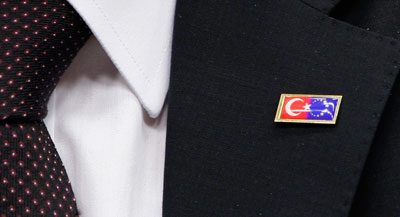
Turkey’s reform fatigue, the EU’s enlargement fatigue, and press freedom
“The European Commission expressed serious concern about developments in the area of rule of law and fundamental rights (in Turkey).” It is progress report season in Brussels. As every year in early October, the commissioner in charge of enlargement unveils documents that judge the progress of all candidate countries in adopting European Union (EU) laws…
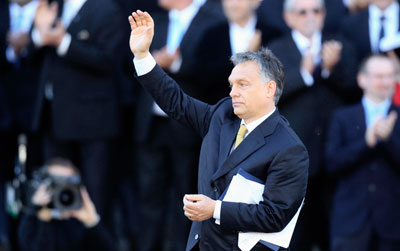
Hungary’s independent media struggle against economic pressure, intimidation
“This is a new wave of clampdowns by the government–they want to have another four-year term with even less critical media than before,” said Szabolcs, a 21-year-old economics student, one of thousands of people who marched in the streets of Budapest in June, chanting “Free Country, Free Press!” The demonstrations were in reaction to several…
